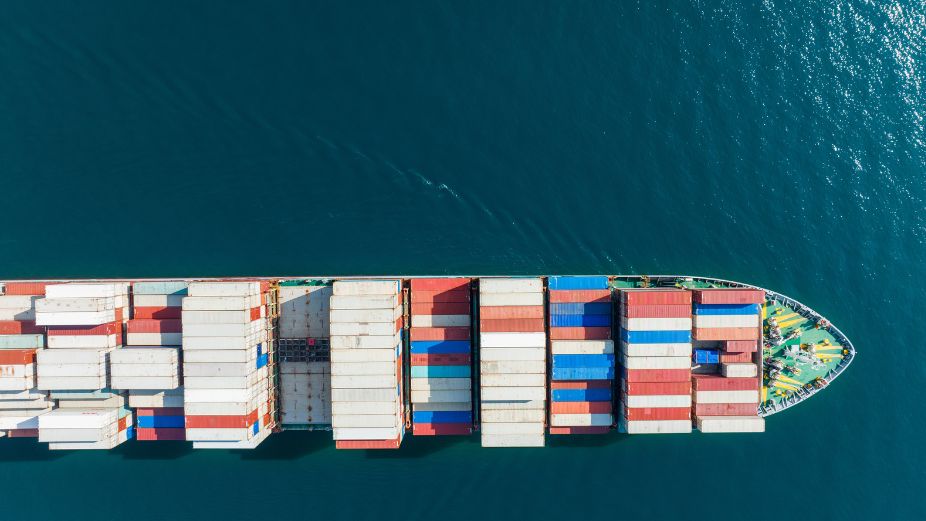
India has formally notified the export of specified quantities of essential commodities to the Maldives under the bilateral trade agreement between the two countries for the fiscal year 2025–26. The decision ensures that the Maldives will continue to receive critical food staples and construction materials without facing any trade restrictions, despite India’s broader export curbs on certain items.
The Directorate General of Foreign Trade (DGFT), under India’s Ministry of Commerce and Industry, issued the notification this week. It permits the export of commodities such as eggs, potatoes, onions, rice, wheat flour, sugar, dal, stone aggregate, and river sand to the Maldives. The agreement ensures these exports are exempt from any existing or future prohibitions or restrictions during the period.
The specified quotas include:
- Eggs: 448.91 million
- Potatoes: 22,589 metric tonnes
- Onions: 37,537 metric tonnes
- Rice: 130,429 metric tonnes
- Wheat flour: 114,621 metric tonnes
- Sugar: 67,719 metric tonnes
- Dal (pulses): 350 metric tonnes
- Stone aggregate: 1.3 million metric tonnes
- River sand: 1.3 million metric tonnes
Items classified as restricted or prohibited for export will be allowed to the Maldives only through six designated customs ports: Mundra, Tuticorin, Nhava Sheva, ICD Tughlakabad, Kandla, and Visakhapatnam.
Of particular importance are river sand and stone aggregate—essential for the Maldives’ construction sector. With limited natural resources and no river systems, the island nation heavily relies on imports to meet growing development needs. The notification notes that the export of these materials must be overseen by CAPEXIL, which is responsible for ensuring that suppliers and extractors have obtained appropriate environmental clearances. Mining is prohibited in coastal regulation zone areas, and exporters must obtain no-objection certificates from state governments where the material is sourced.
The trade arrangement falls under the longstanding 1981 bilateral trade agreement between the Maldives and India, which facilitates the supply of essential commodities to the Maldives. This year’s notification also reflects an increase in quota allocations for several items compared to previous years, reaffirming India’s commitment to maintaining steady trade flows with the Maldives despite wider export restrictions on certain goods.
Bilateral trade between the two countries stood at USD 978.53 million in 2023–24, up from USD 973.37 million the previous year.












